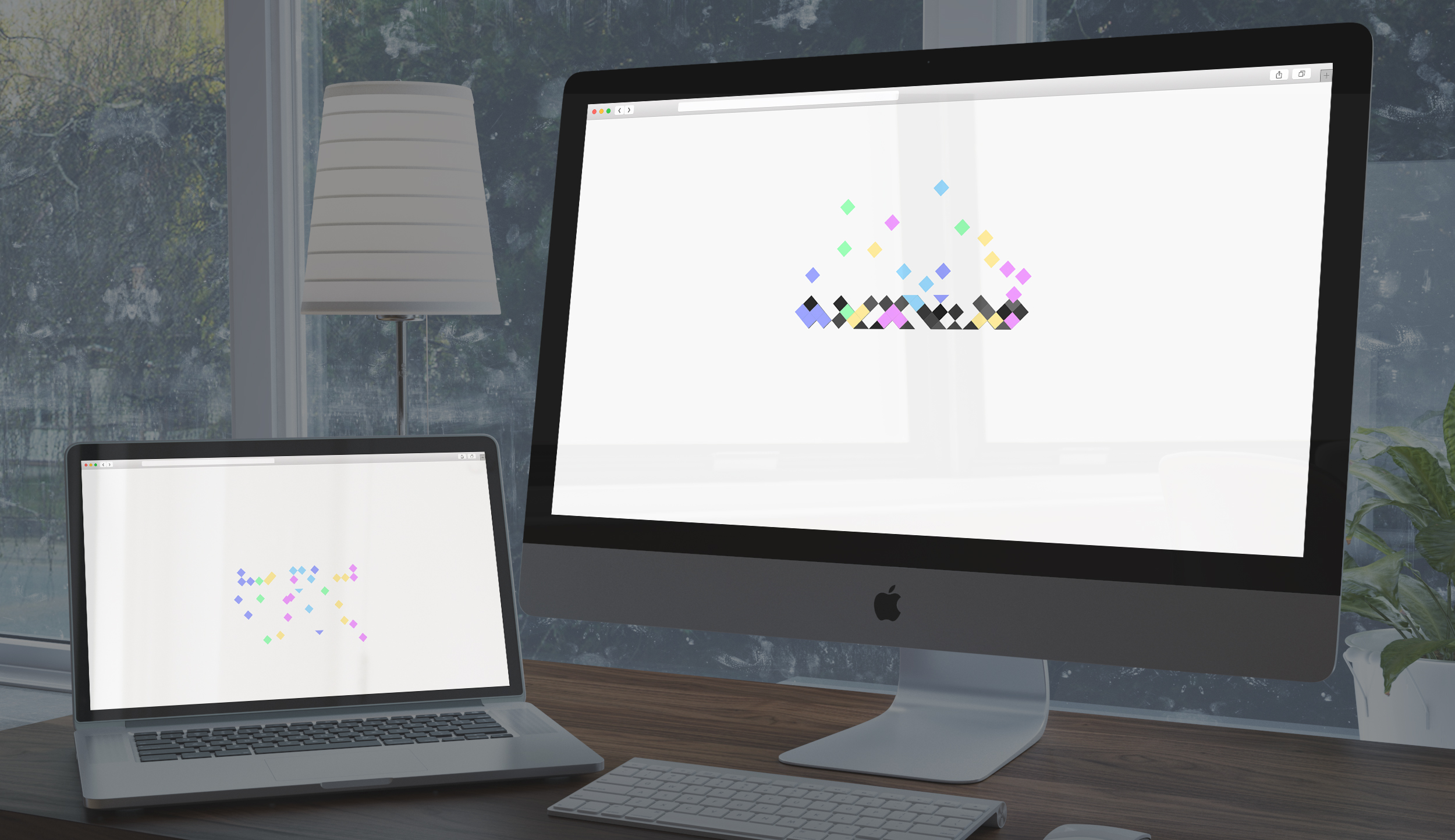The Importance of Access Control Systems in the Healthcare Sector
Establishing and maintaining security measures is of paramount importance within any walk of life to preserve the safety of people and their personal belongings. From secure locks installed upon doors and windows to CCTV systems, security measures should effectively eradicate the potential threat of theft or vandalism across residential and commercial buildings. Homeowners and companies should be able to carry out their respective duties and line of work without fearing for their safety or taking time away from their priorities to handle suspect behaviour.
The healthcare industry provides an invaluable service across the United Kingdom for people to receive the medication and adequate level of treatment they require to remain alive and in good health. Medical professionals working in a hospital must remain vigilant at all times to not only carry out their duties and act quickly in the case of an emergency, but also identify and react to any behaviour they believe to be suspicious.
As potential threats within the healthcare sector include attacks on staff and patients, and pharmaceutical thefts, it is essential for all hospitals to make the safety and security of staff members and patients a priority. Integrating access control systems can act as a pivotal step in providing essential protection to personnel and medical equipment, whilst also preventing intruders from accessing areas of a hospital they are prohibited from.
Utilising the latest digital technology, security specialists can provide hospitals with innovative access systems that establishes comprehensive protection. Security systems can be controlled and monitored via a keypad, key swipe or finger print technology. All three are interlinked to an integrated IP network system which can effectively detect any attempts to make unlawful access, whilst also making record of the personnel who have entered or exited an access controlled area or room.
Door access control provides exclusive protection and security across the healthcare sector as a means of preventing trouble makers or prospective thieves from making unlawful entry into areas which are either unsafe or prohibited to non-staff members. This can provide medical professionals with an essential peace of mind that they can carry out their line of work and any emergency operations or treatment without being prevented by potential theft of medical equipment or unlawful attacks.

